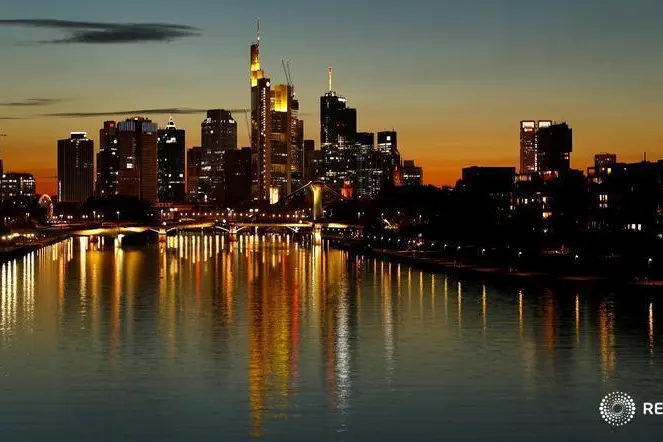PHOTO
Building permits for apartments in Germany fell 27% during the first half of the year, the statistics office disclosed on Friday, underscoring a downturn in demand plaguing the construction and real estate industry.
The nosedive in permits comes amid calls from firms and some politicians for stimulus from Berlin to support the industry ahead of a meeting next month with Chancellor Olaf Scholz.
The statistics office attributed the decline in demand to high building costs and difficulties in getting financing, factors that have deepened stress across the broader sector.
The country has long benefited from an era of cheap money that fuelled a boom in real estate, but now the sector is grappling with a major turn of fortune as the European Central Bank raises interest rates to fight inflation.
In recent weeks, a series of property developers have registered insolvency, while figures have shown a plunge in construction and residential property prices.
"The balance sheet for the first half of 2023 shows an incredibly bleak picture in residential construction," said Tim-Oliver Mueller, head of the German Construction Industry Federation.
Authorities granted permits for the building of 135,200 apartments in the first half of the year, which was 50,600 fewer than a year earlier.
Germany aims to build 400,000 apartments a year, but has struggled to meet the goal.
Declines for single-family and two-family homes were even sharper, down 35% and 53%.
Germany is Europe's largest economy and the biggest real estate investment market on the continent. The property sector accounts for roughly a fifth of its economic output and one in ten jobs.
Politicians, ministries and the property industry will convene with Chancellor Olaf Scholz on Sept. 25 to try to find solutions to the slump, and some are already jockeying with proposals to rejuvenate the sector.
Weakness in the real estate space has also emerged in the United States, Sweden and China.
(Reporting by Tom Sims, Editing by Rachel More and Devika Syamnath)





















